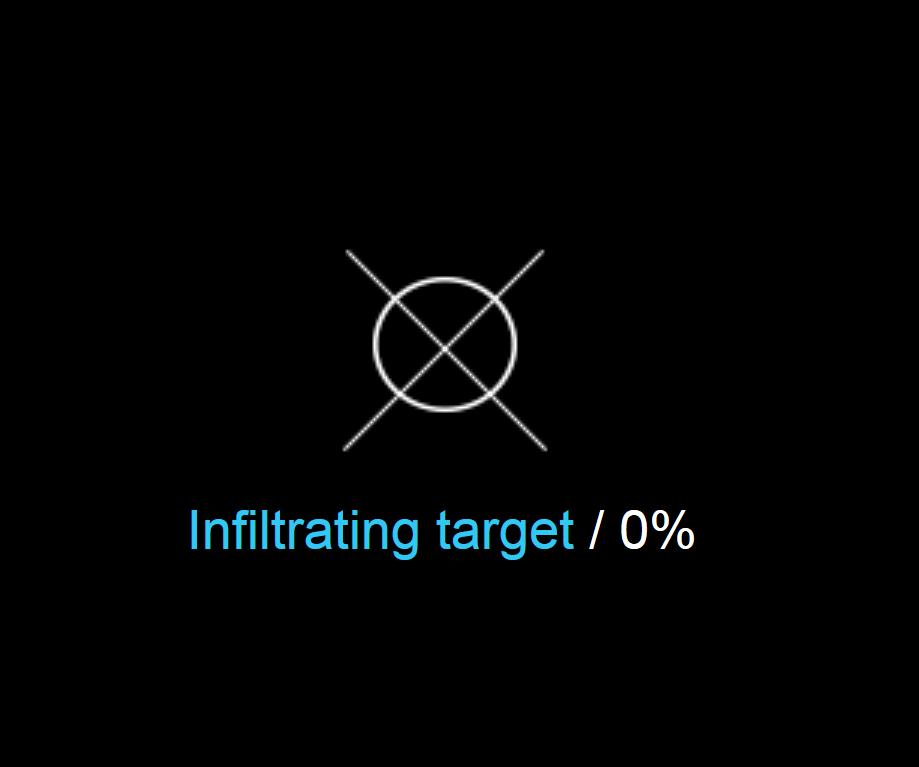World’s Worst Treasurer [#geekgirl]

Who’s Contributing to The Budget [#geekgirl]
“Facebook Knows Everything About You, And If You Don’t Believe Us Here’s Proof…” [#geekgirl]
[From this Huffington Post article] “A marketing stunt for the upcoming Ubisoft game “Watch Dogs” is inadvertently allowing users to check how well they’ve set up their Facebook privacy settings.
The campaign called “Digital Shadow”, which currently is available only in the US, requests permission to access a user’s account and then pulls information to build a comprehensive dossier of the user as if he or she were an assassin’s target. And we do mean comprehensive.”
“Australian arts community responds to George Brandis’s Biennale threat” [#geekgirl] [#BiennaleBullyBrandis]
[From an article at The Guardian] “Minister’s letter to the Australia Council suggesting that artists who reject corporate sponsorship on political grounds should be denied government funding draws a strong industry reaction…
‘George Brandis has made a dramatic intervention into the Sydney Biennale-Transfield controversy. In doing so, he has openly attacked the philosophy of arms-length funding that underpins the Australia Council.
The Australia Council Act of 2013 explicitly states that the minister of the day can’t issue a direction on funding decisions. “The Minister must not give a direction in relation to the making of a decision by the Council, in a particular case, relating to the provision of support (including by the provision of financial assistance or a guarantee),” it states.
Brandis, who is also the attorney general, seems to be arguing that he get around such niceties by telling the council to work up a broadbrush policy on the matter, striking out any cultural funding recipients who dare to deny the corporate coin. The act is “plainly wide enough to include matters of policy and funding criteria”, he wrote in a letter to the Australia Council.
That’s an ambit claim that is yet to be tested in court. But whatever the black letter details, Brandis’ intervention is an attack on the general philosophy of arms-length funding.
From a public policy perspective, that’s a real concern, because ministerial meddling is inimical to cultural innovation. When funding bodies have to look over their shoulders to consider what politicians and the media will say about the funding decisions they make, the interesting, the innovative and the risky are likely to be abandoned in favour of the safe and the staid.’ – Ben Eltham, industry columnist at ArtsHub.”

![[Via Wayne Swan]](https://fbcdn-sphotos-f-a.akamaihd.net/hphotos-ak-ash4/t1.0-9/10351262_719559214757164_1233723517979424296_n.jpg)

